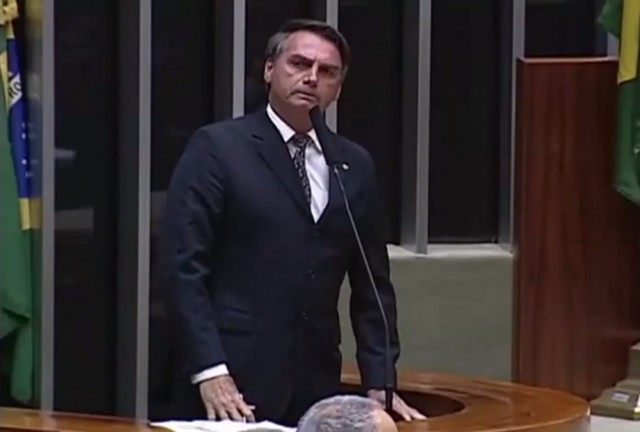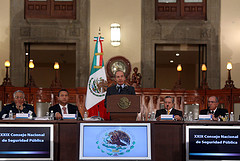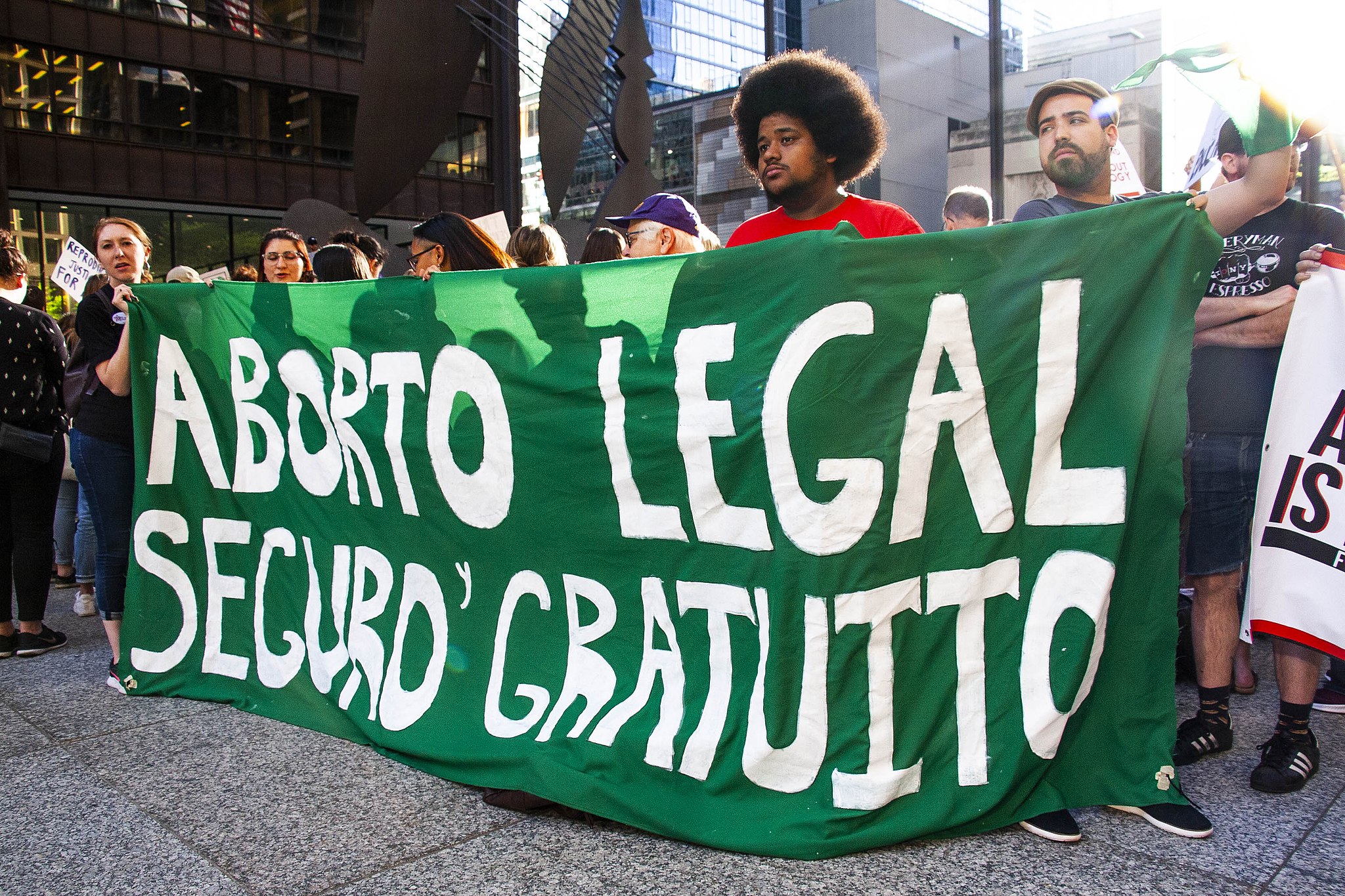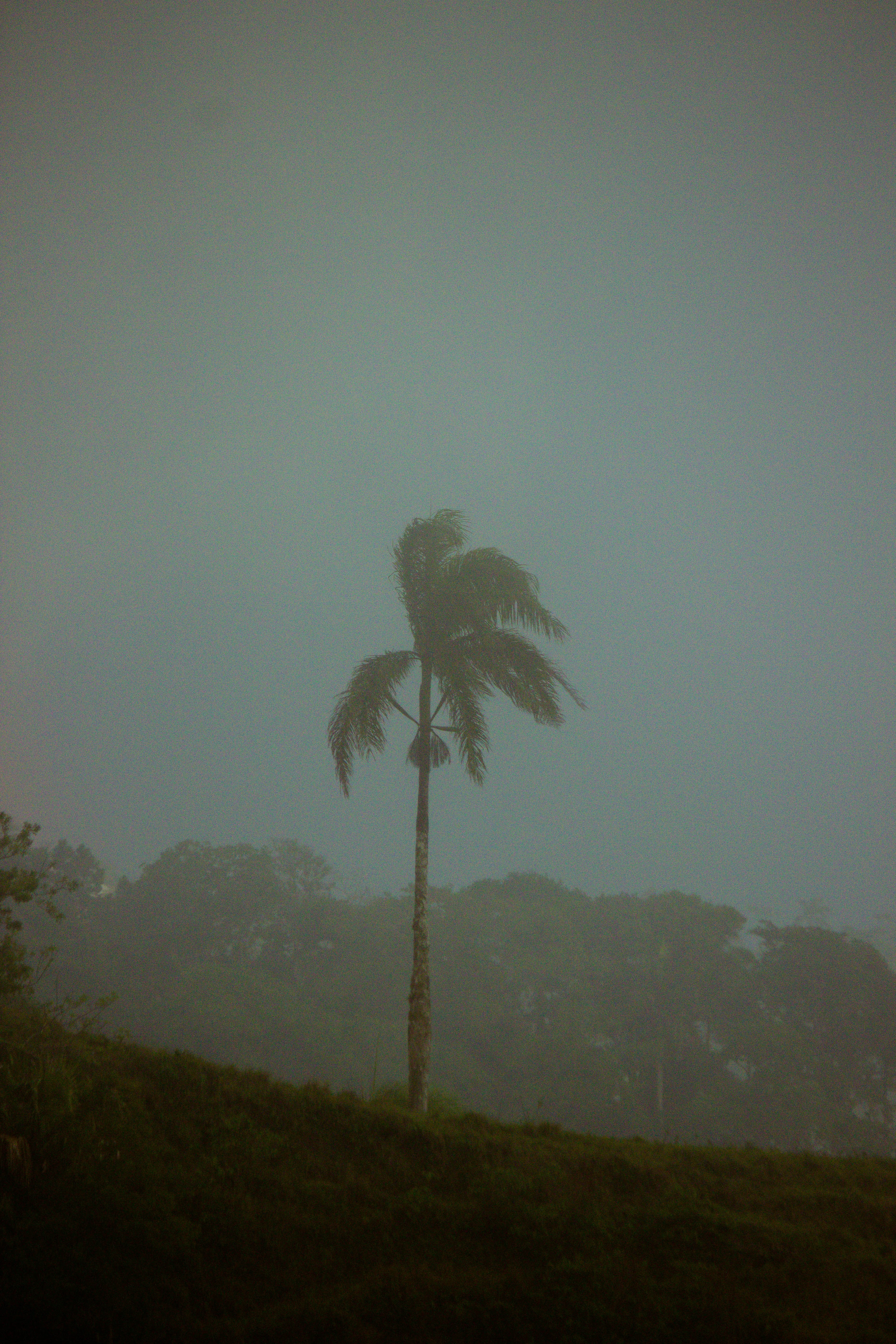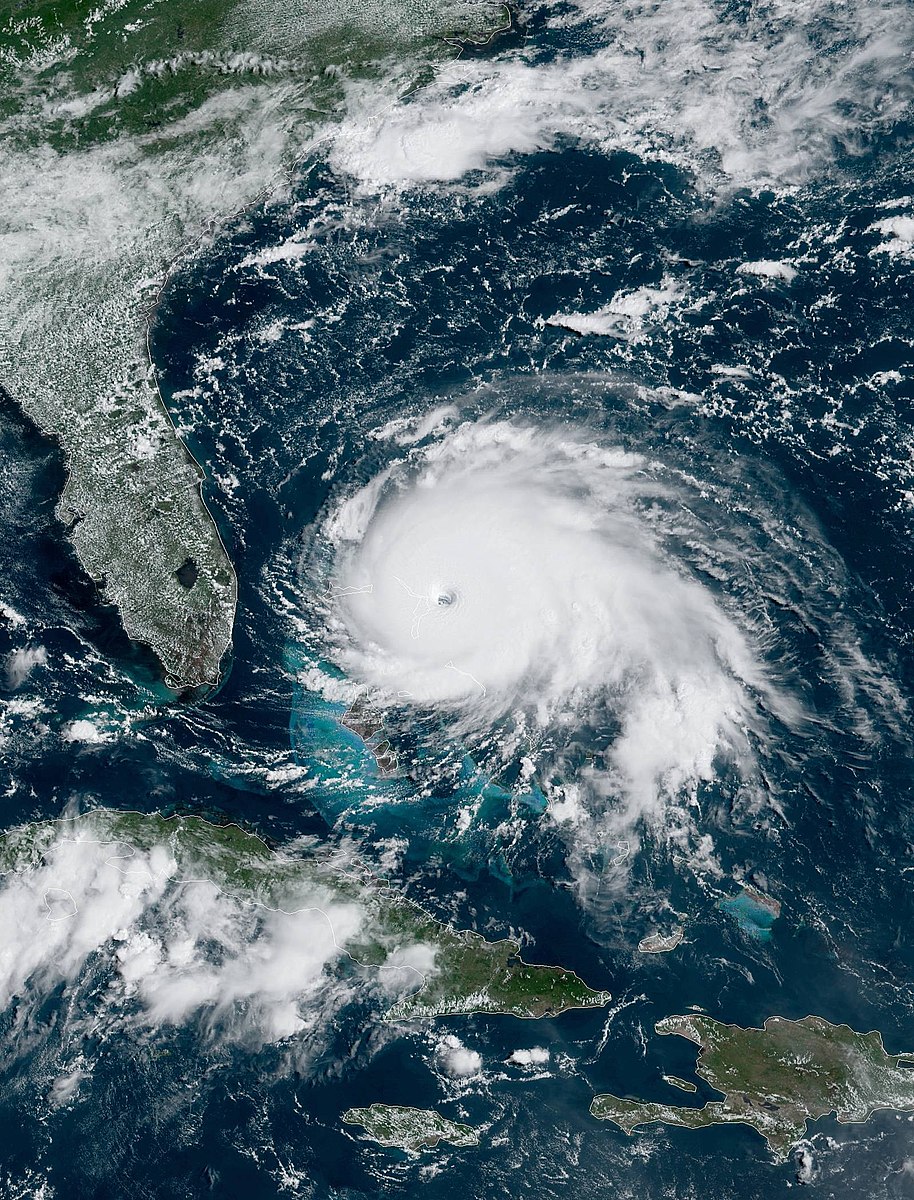
Latin America: Week in Review
Category 5 Dorian Makes Landfall in the Caribbean
September 2, 2019 By Staff
TODAY IN LATIN AMERICA
CARIBBEAN/UNITED STATES: Hurricane Dorian made landfall in the northern Bahamas yesterday afternoon, dragging record-breaking winds across the Abaco Islands. With wind speeds of more than 185 mph and gusts over 220 mph, the Category 5 storm is the most severe Atlantic hurricane to reach shore since 1935. The storm destroyed trees, buildings and telephone lines and flooded neighborhoods. Residents could be facing hurricane conditions for an “extended period,” according to the National Weather Center, and the Bahamian government predicted that between 23,000 and 73,000 people could be affected. The Bahamas is still dealing with the destruction from hurricanes in 2015, 2016 and 2017.
Evacuations in eastern Florida began yesterday evening and will continue today, according to Gov. Ron DeSantis. More than 600 flights have been grounded as the storm moves through the Caribbean towards the southeastern United States.
Headlines from the western hemisphere
SOUTHERN CONE
VENEZUELA: President Nicolás Maduro’s government announced Saturday that it has found evidence of paramilitary training camps in Colombia planning to target the Maduro government. Communications Minister Jorge Rodríguez presented satellite images of three training camps on state television and accused Colombian President Iván Duque of supporting the camps. The news comes just days after the former chief negotiator for the Revolutionary Armed Forces of Colombia announced that he would resume fighting against the Colombian government. Duque has condemned the Maduro government for sheltering Colombian rebels in the past.
BRAZIL: Brazil’s National Institute for Space Research reported a nine-year high of forest fires, with 30,901 this past month. The report comes as both domestic and international pressure on Brazil increases over the country’s environmental policies. Corporations have stepped up financial pressure on Brazil by withdrawing from Brazilian business relationships, such as the U.S.-based VF Corporation which announced it will no longer purchase Brazilian leather. Meanwhile, Brazilian President Jair Bolsonaro said he will no longer use Bic pens, manufactured by France, after an argument with French President Emmanuel Macron over the fires in the Amazon.
ANDES
PERU: Archaeologists discovered the skeletons of 227 children in northern Peru last week, marking what may be the world’s largest child sacrifice site. The archaeologists believe that the children were likely sacrificed by the Chimú between 1200 and 1400 to satisfy the gods responsible for the El Niño phenomenon. “This is the biggest site where the remains of sacrificed children have been found,” chief archaeologist Feren Castillo told AFP. “There isn’t another like it anywhere else in the world.”
CENTRAL AMERICA
EL SALVADOR: The Organization of American States (OAS) and the Salvadoran government plan to begin an anti-corruption commission this week, in line with one of President Nayib Bukele’s campaign promises. The International Commission Against Impunity in El Salvador, or CICIES, is similar to commissions in the neighboring countries of Honduras and Guatemala. However, CICIG of Guatemala will close down tomorrow, about a year after President Jimmy Morales declined to renew its mandate. Morales has vocally opposed CICIG since 2017, when it began investigating his and his party’s campaign financing. His ban on CICIG commissioner Iván Velásquez kicked off an institutional conflict between Guatemala’s executive branch and Constitutional Court.
COSTA RICA: National authorities have accused the Nicaraguan military of killing a man on Costa Rican soil about 150 feet from the border between the two countries. The Costa Rican government released a complaint and sent National Police to the border area after six Nicaraguan officers allegedly crossed into foreign territory last week in pursuit of a Nicaraguan citizen. Nicaraguan authorities denied the claims and brought up a dispute from earlier this month, in which they had accused Costa Rican police of using excessive force against Nicaraguans in a different border town. The two countries’ relationship is “at its coldest point in decades,” according to a former Nicaraguan chancellor.
NORTH AMERICA
MEXICO: A bar in Coatzacoalcos, Veracruz, was set fire on Tuesday, killing 28 people and causing many Mexicans to worry that the violence from the drug war years may be returning. Gang members set fire to the Caballo Blanco nightclub and blocked all exits in suspected retaliation for the bar’s refusal to pay extortion money. Other business owners in the area report receiving extortion demands, and the month of July saw two similar arson attacks on bars in the city. The surviving relatives mourned the victims and expressed their frustration at the lack of justice they see in combating gang violence. The police force in the state of Veracruz is more than half as small as it should be, and suspects in the case that had been detained were reportedly released by prosecutors.
MEXICO: Mexican President Andrés Manuel López Obrador acknowledged the country’s record-high crime rate and declared that ending corruption and violence are still his top priorities during the first state of the union address on Sunday. His comments come in the wake of a record number of homicides in the country, totalling 17,608 in the first half of 2019. Despite the staggering number of killings, López Obrador has maintained a 70% approval rating. López Obrador also commented on the country’s economic status, touting $7.25 billion in savings from cuts to government spending.
UNITED STATES: Officials from the United States and El Salvador have signed a letter of intent attempting to stem the flow of migration from the Central American country. The deal, signed on Wednesday, is intended to improve security in El Salvador, as well as increase law enforcement and border patrols. The deal is part of the Trump administration’s continued campaign to reduce migration across the U.S. southern border. U.S. officials indicate that the hope is to improve conditions in El Salvador and thereby convince would-be migrants to stay home. Migrant activists have complained that the talks between the two countries lack transparency.

